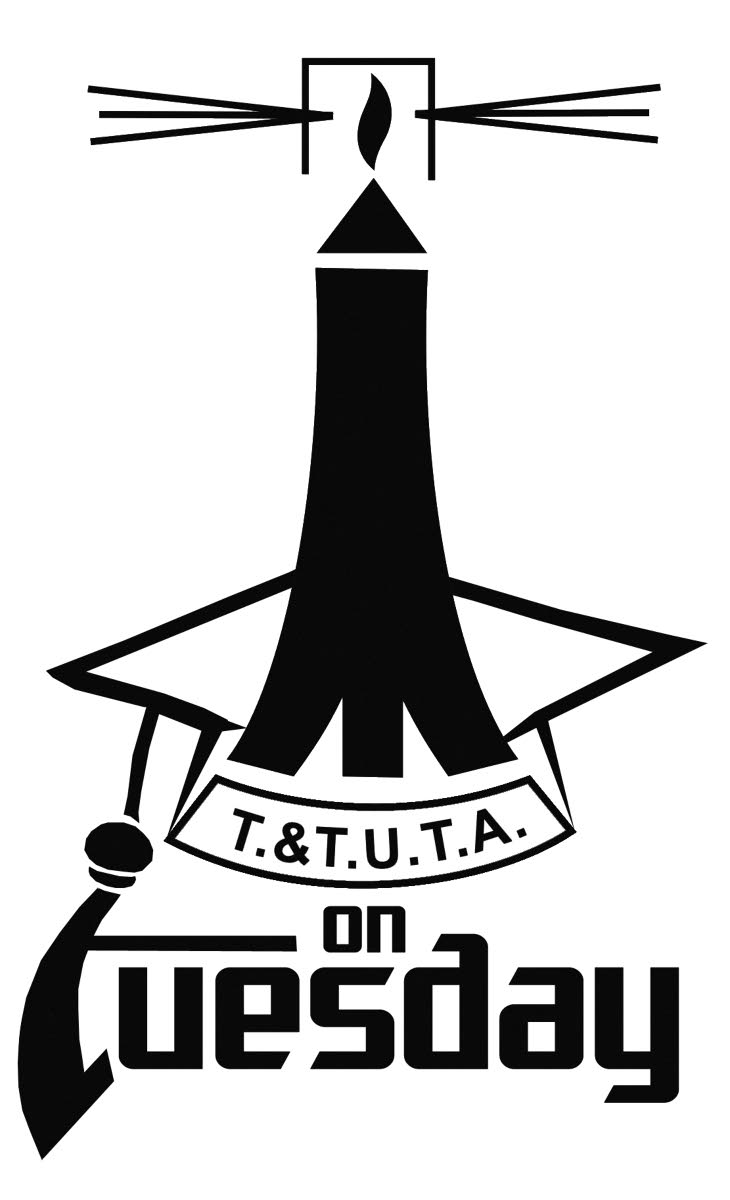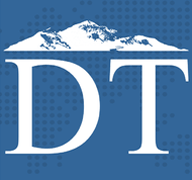Copyright newsday

One of the most unique characteristics of the teaching profession is the inherent requirement for teachers to collaborate among each other, as well as a range of stakeholders. The 2025 World Teachers' Day theme from Education International "Recasting Teaching as a Collaborative Profession," focuses on unity, shared expertise, and mutual support among teachers. The theme, also expressed as "Together for Teachers; Together for the Future," emphasises that collaboration is essential for strengthening teaching, enhancing learning opportunities and ultimately the entire education system. It re-emphasises that teaching is a co-operative, not solitary, act, and reframing it as such, is key to its transformation. Successful teachers understand the importance of working with peers to improve practice, sharing expertise and knowledge as part of a learning community, recognizing the commonality of the ultimate goal: improving student learning outcomes. The narrative and mantra of every teacher must be "we" and "us" rather than "I" or "me." This is a mindset that all teachers must embrace if our schools are to become more effective. The semi-autonomous nature of the profession assumes collaboration as an inherent characteristic. Teachers cannot operate in silos. The theme highlights the importance of policies, practices, and environments that enhance and facilitate mutual support, shared expertise, and joint responsibility among teachers. The overall objective of a truly professional teacher is to strengthen teaching, learning, and teachers' professional fulfillment through unity of purpose. Quality teachers understand the importance of collaboration among each other, mentors, and other education professionals as critical ingredients for the improvement of their overall practice. This ultimately strengthens the education system in which they operate, improving its overall quality. It highlights the criticality of collaboration as key to school enhancement and success. Teachers must see themselves as part of a network of professionals who join forces and pool resources to achieve better outcomes for students, since consistent quality pedagogical practice reflects the capacity to adapt to constantly changing dynamics both in and out of the classroom. The literature assures this is best achieved through a shared understanding of the evolving learning narratives. This collaborative approach, if properly harnessed, is a powerful way to transform not only the school’s capacity to understand and deliver on its mandate from the community in which it exists, but to rise to the occasion with a degree of confidence. It serves as a reminder of the importance of professional teamwork and the need for greater collaborative learning opportunities, especially in the face of challenges like unequal access to professional development or inadequate resources. The unity of purpose that all teachers share must be reflected in their pedagogical repertoire, where individual action is part of a larger combined effort. Failure to see oneself as part a community of learners weakens efficacy, where an evolving learning environment compels ongoing adaptation, reflection, introspection and reinvention. No one teacher can consistently claim a monopoly on successful pedagogy, but through consistent collaboration, navigating the dynamic world of learning is made easier. Continuous stakeholder engagement must be integral to the daily functioning of any school system because schools do not exist in a vacuum but must reflect the unique and evolving needs of the community. This can only happen via constant stakeholder collaboration and involvement. Schools that ignore this imperative do so at their own peril and will ultimately fail in meeting their ultimate mandate as agents of human development. In reinventing itself, the schools’ knowledge pool must be reviewed and rejuvenated on an ongoing basis, and this can only happen through continuous collaboration with the players involved in education at all levels, both laterally and horizontally. Such mutual respect and acknowledgement of stakeholder input demand a level of humility: the recognition of one’s ignorance and deficiencies, especially in the ever-expanding diversity of schools’ mandates and responsibilities. Collaboration, partnership and teamwork must represent core principles of a school’s strategic plan. This is one sure way for schools to ensure constructive interaction in their modus operandi, especially in the face of mounting teacher frustration and helplessness that many currently feel. Teachers who see themselves as self-directed life-long learners must acknowledge that working together is a sure way to successfully navigate the continuum of ongoing professional development and key to their survival. Collaboration is essential for empowered teachers. It goes to the very heart of teaching and the creation of empowered learners. Students who emerge from professional learning communities reflect this capacity to collaborate in their personal and professional lives. Meaningful collaboration by teachers, rooted in mutual respect results in enhanced learning outcomes.



